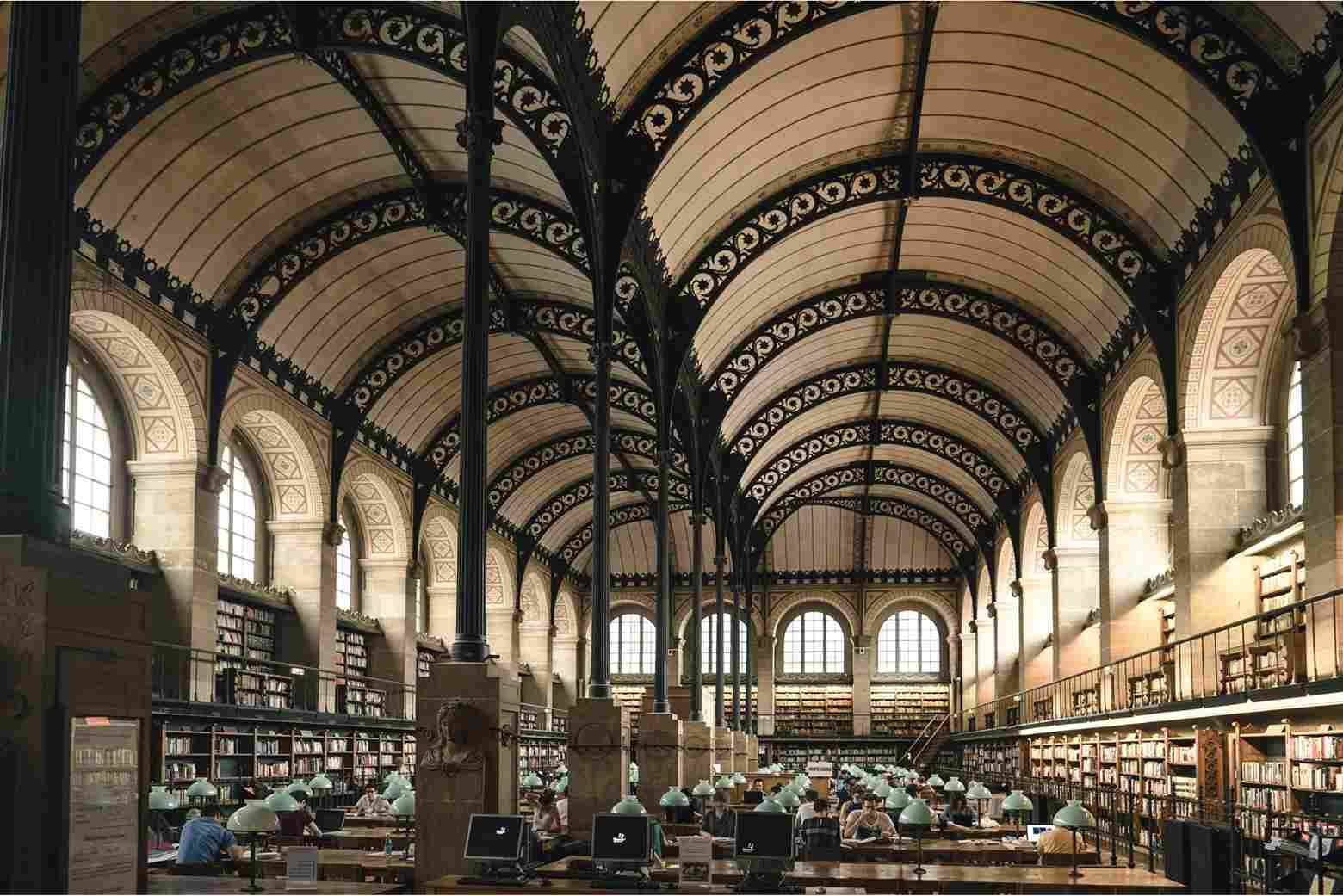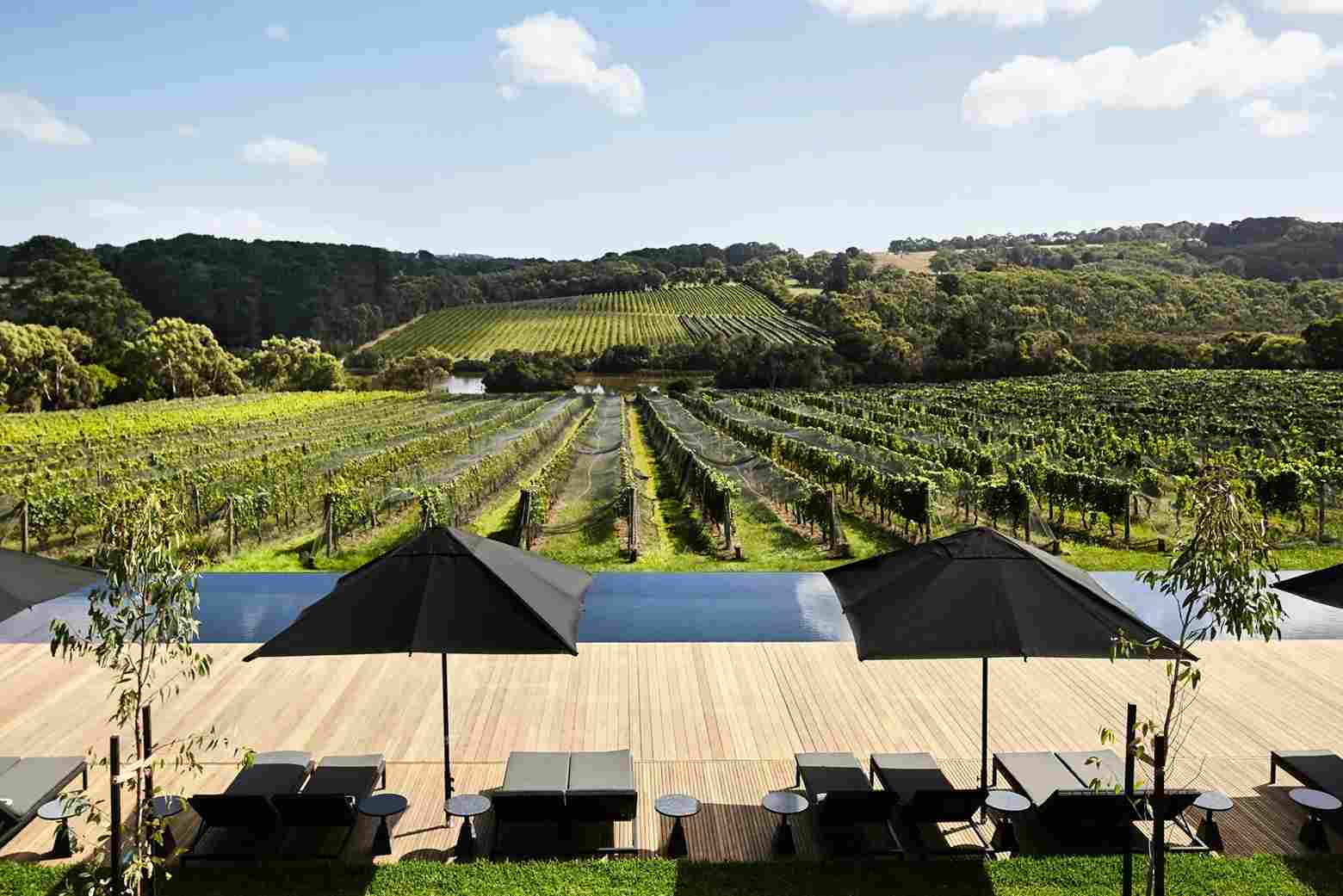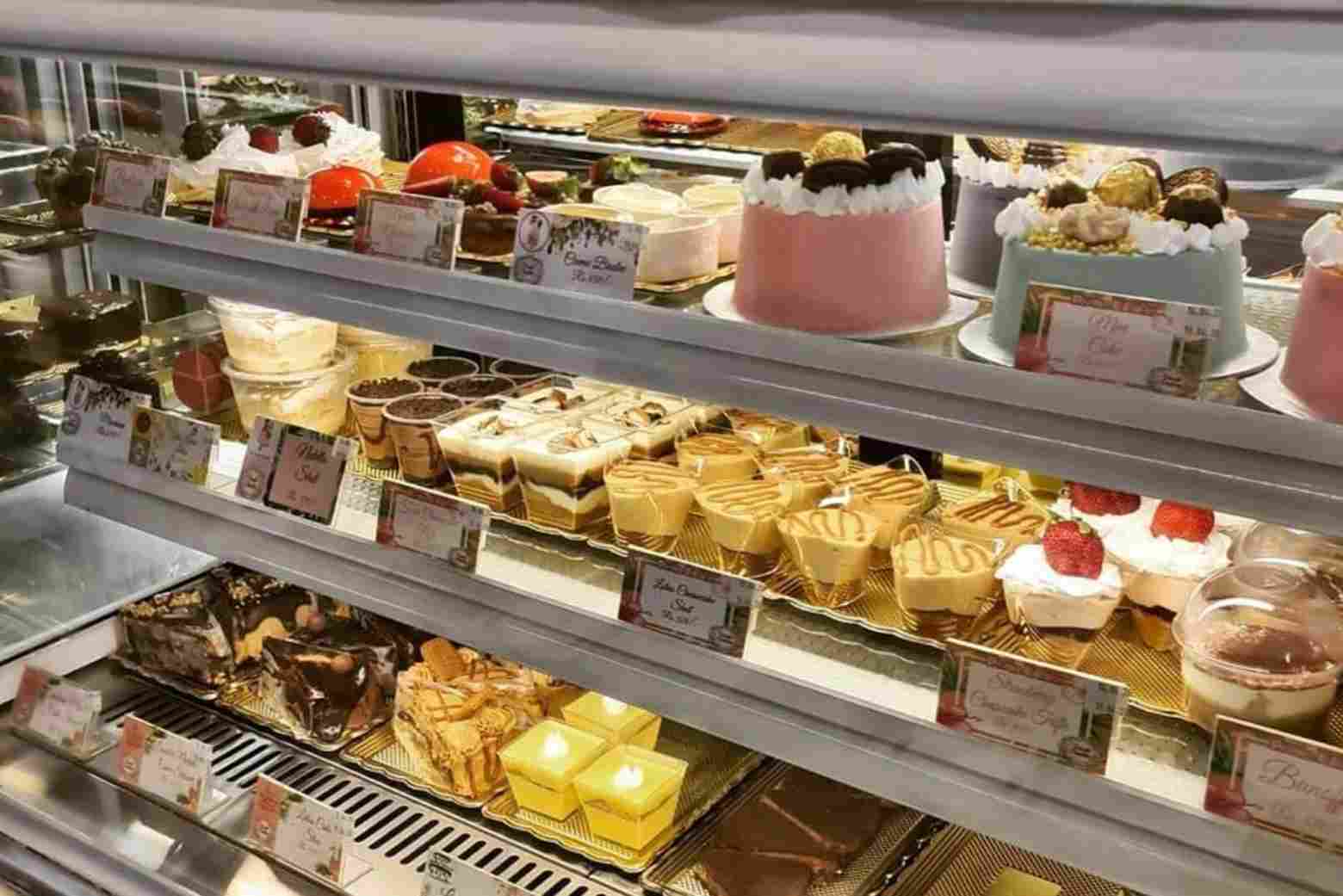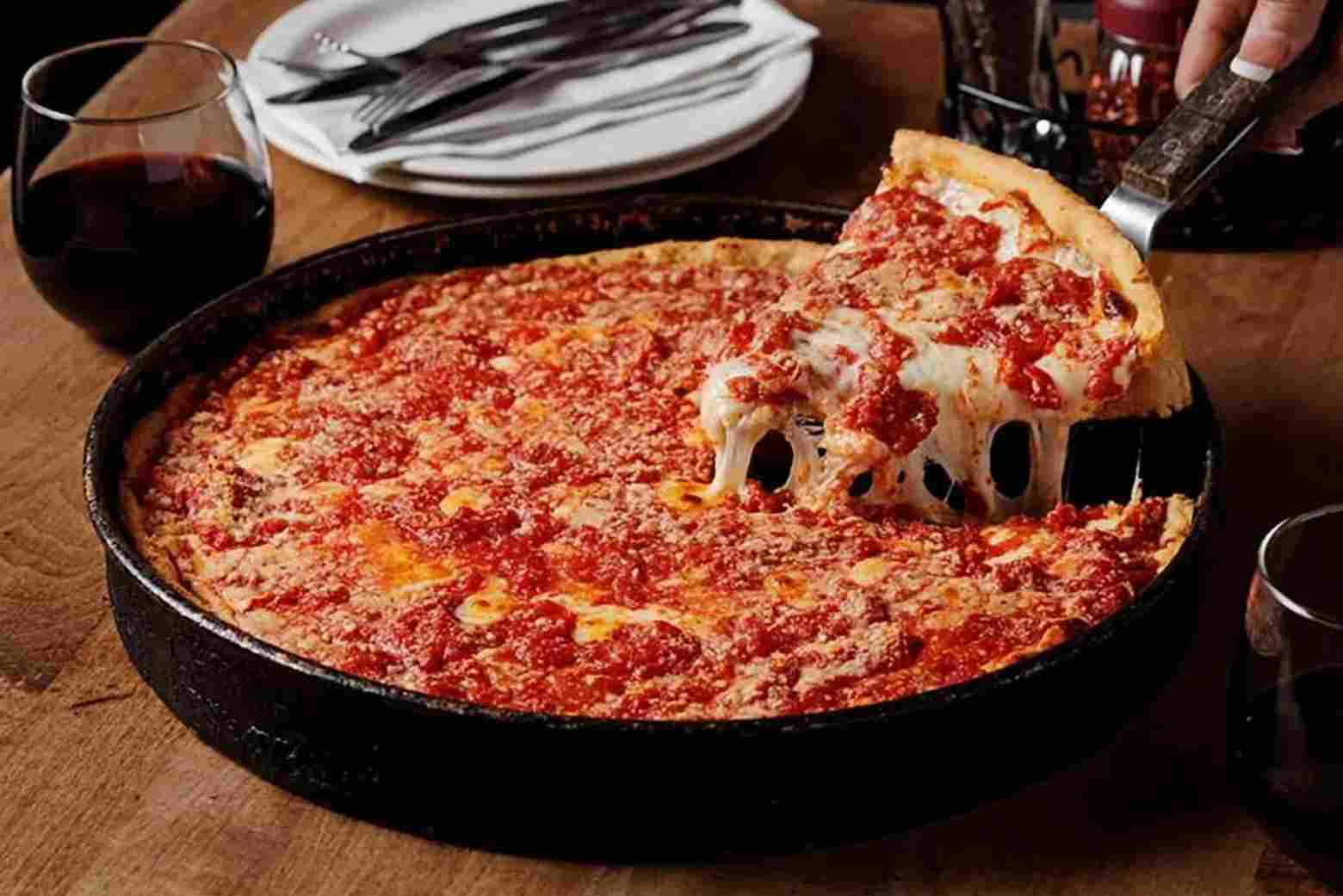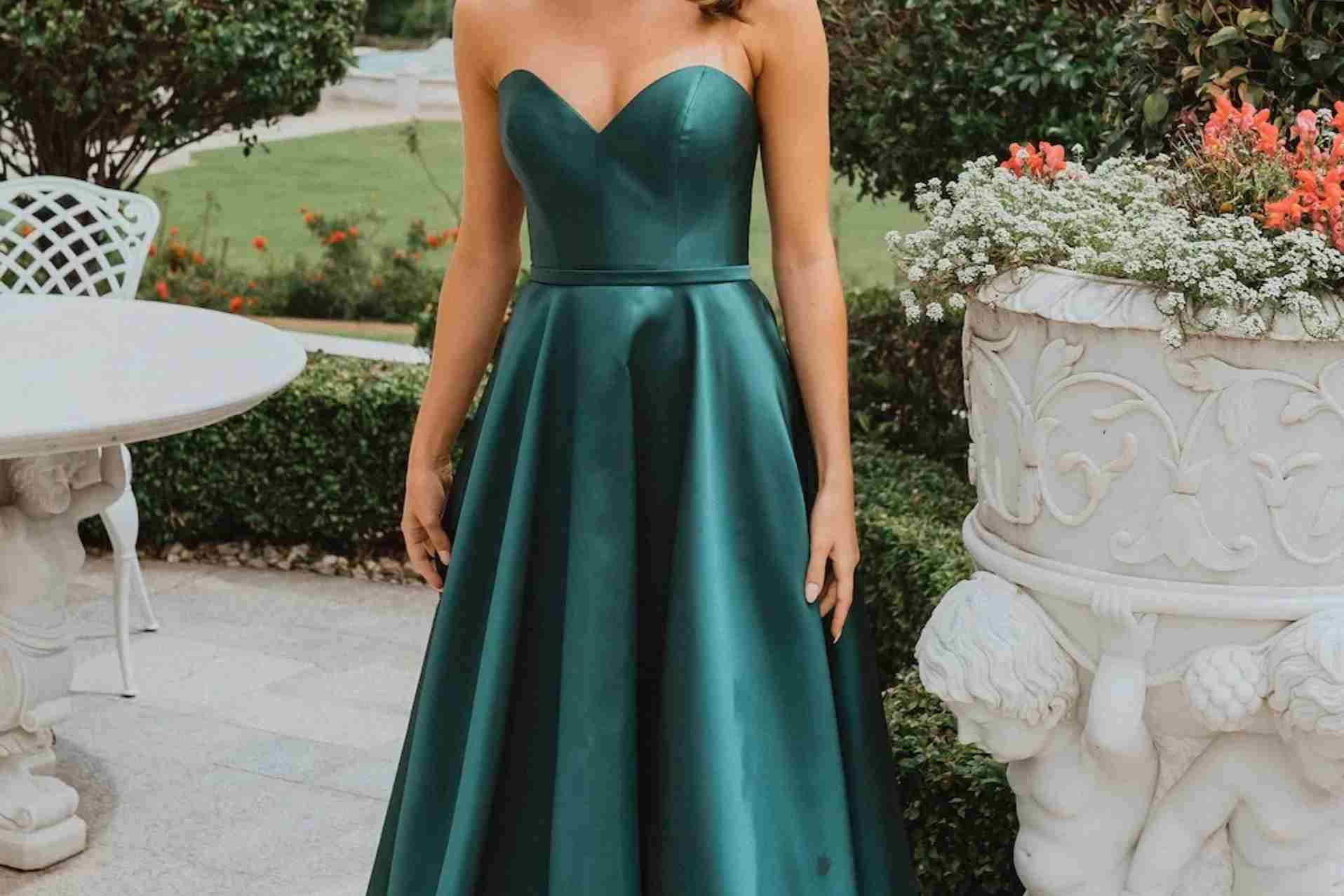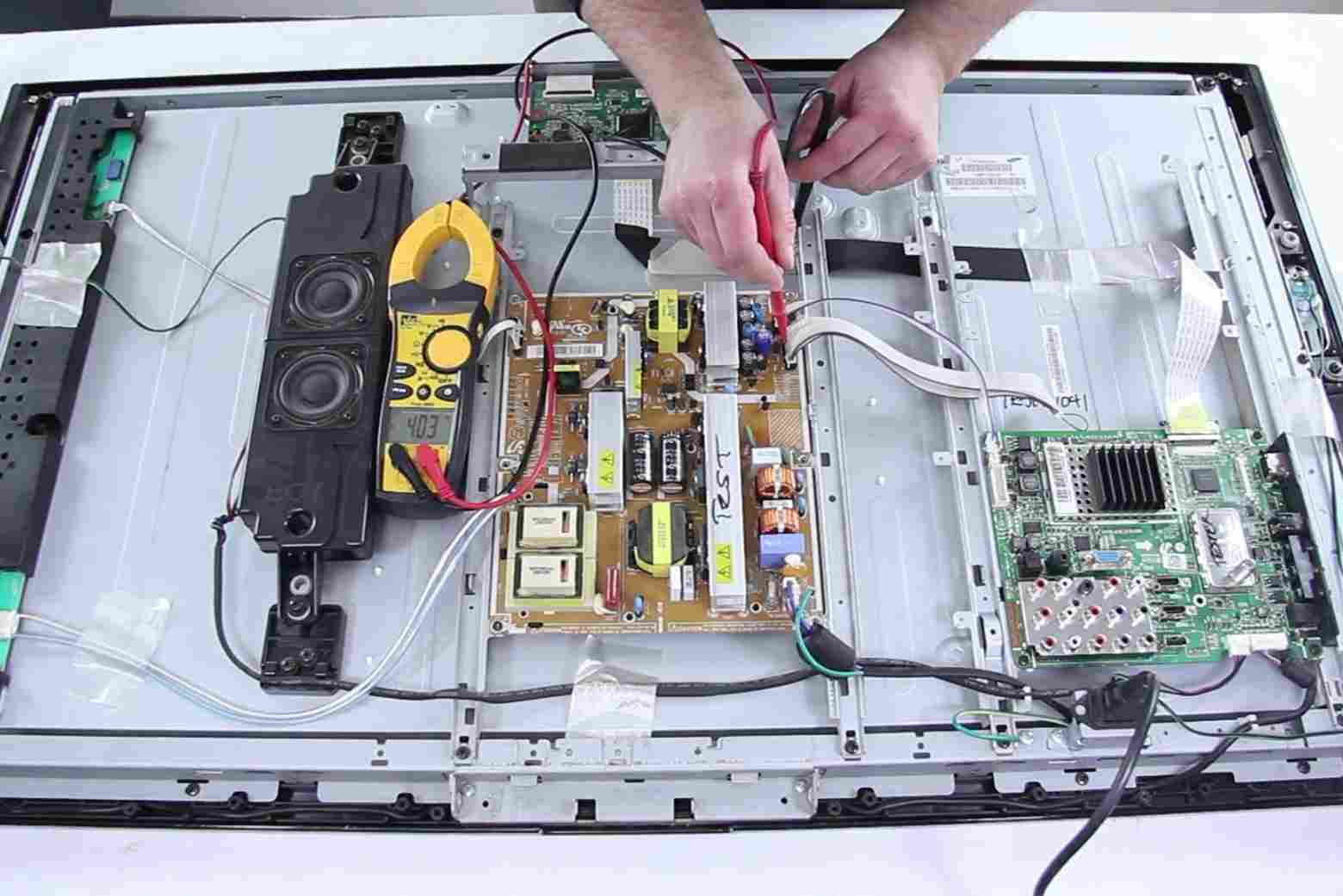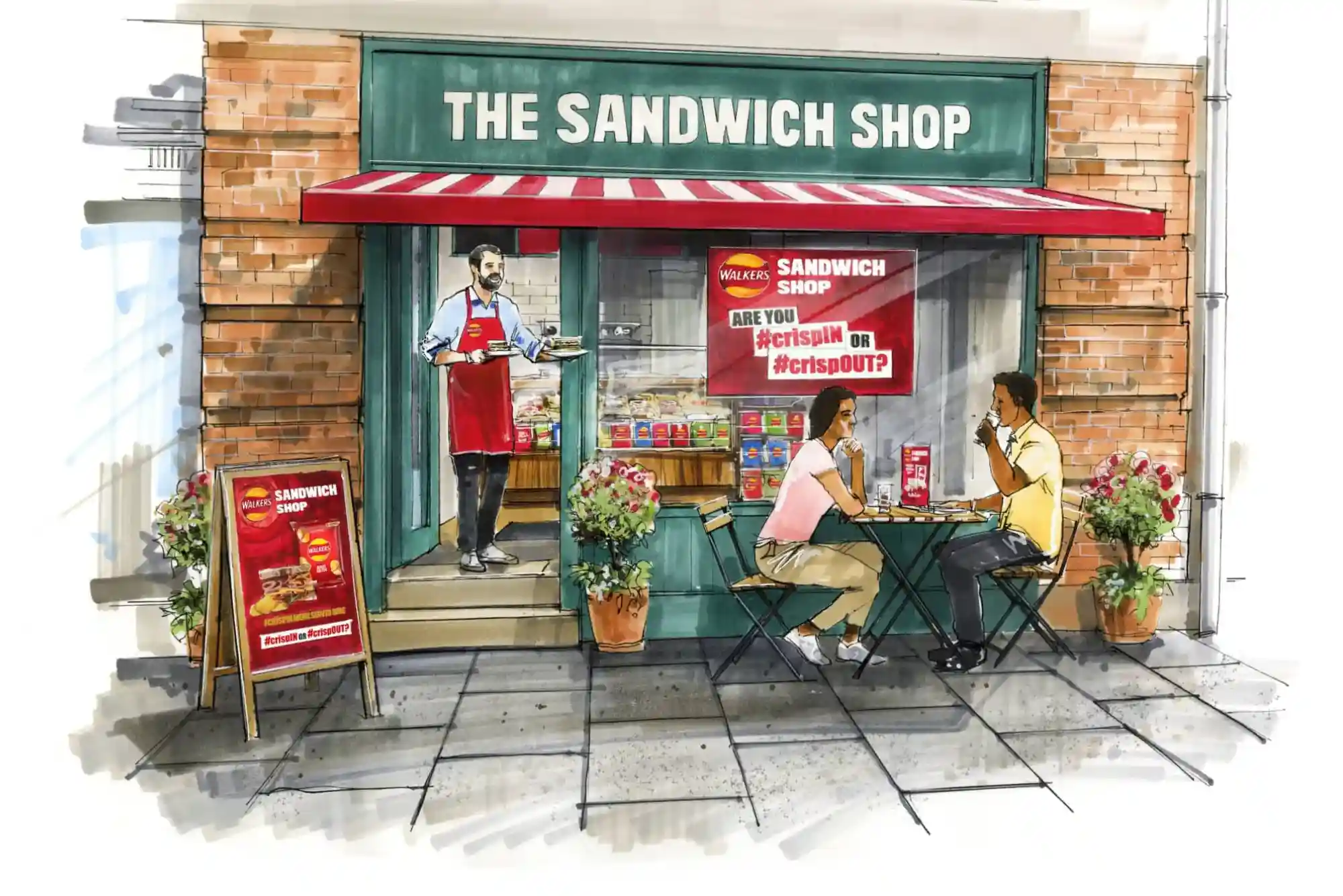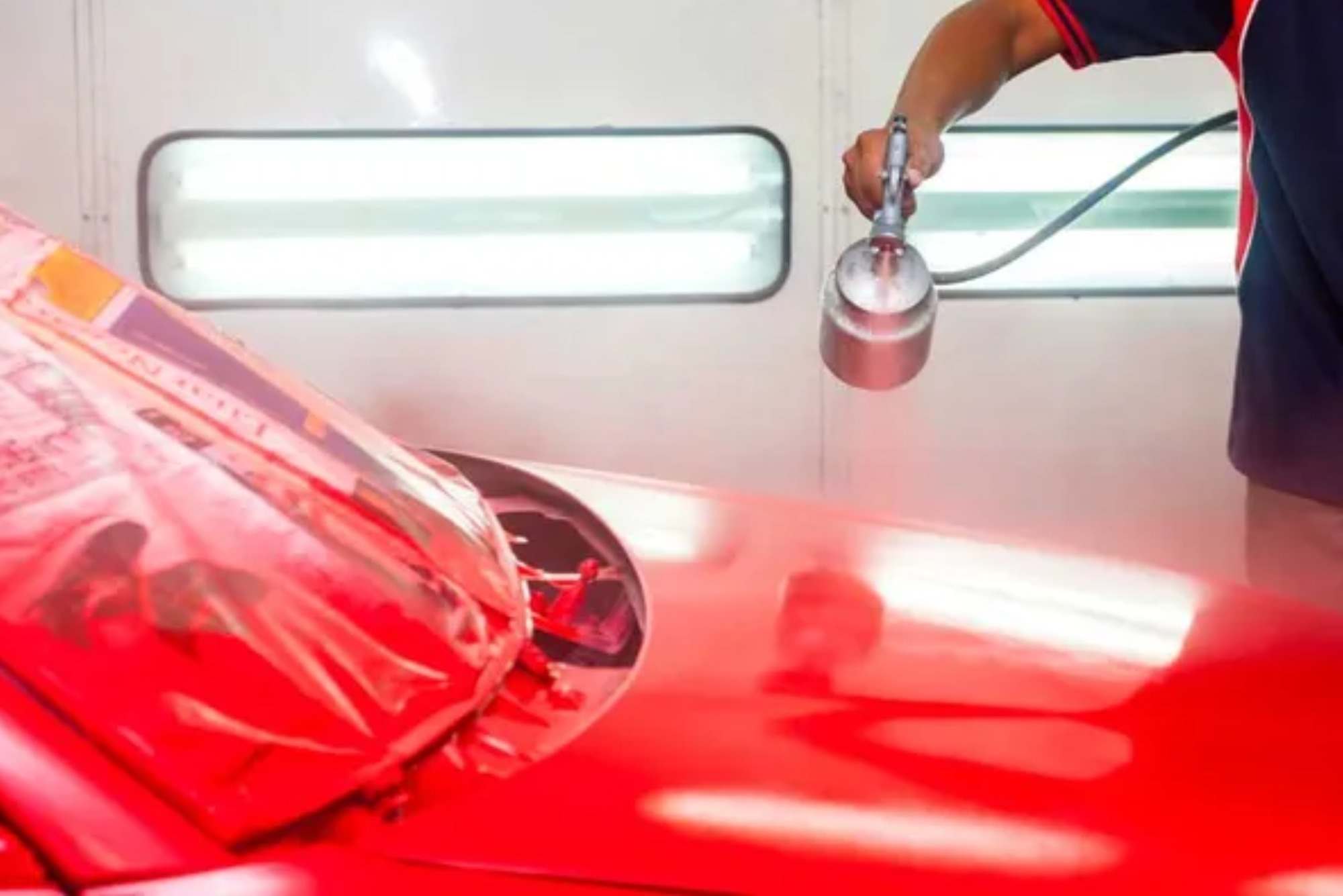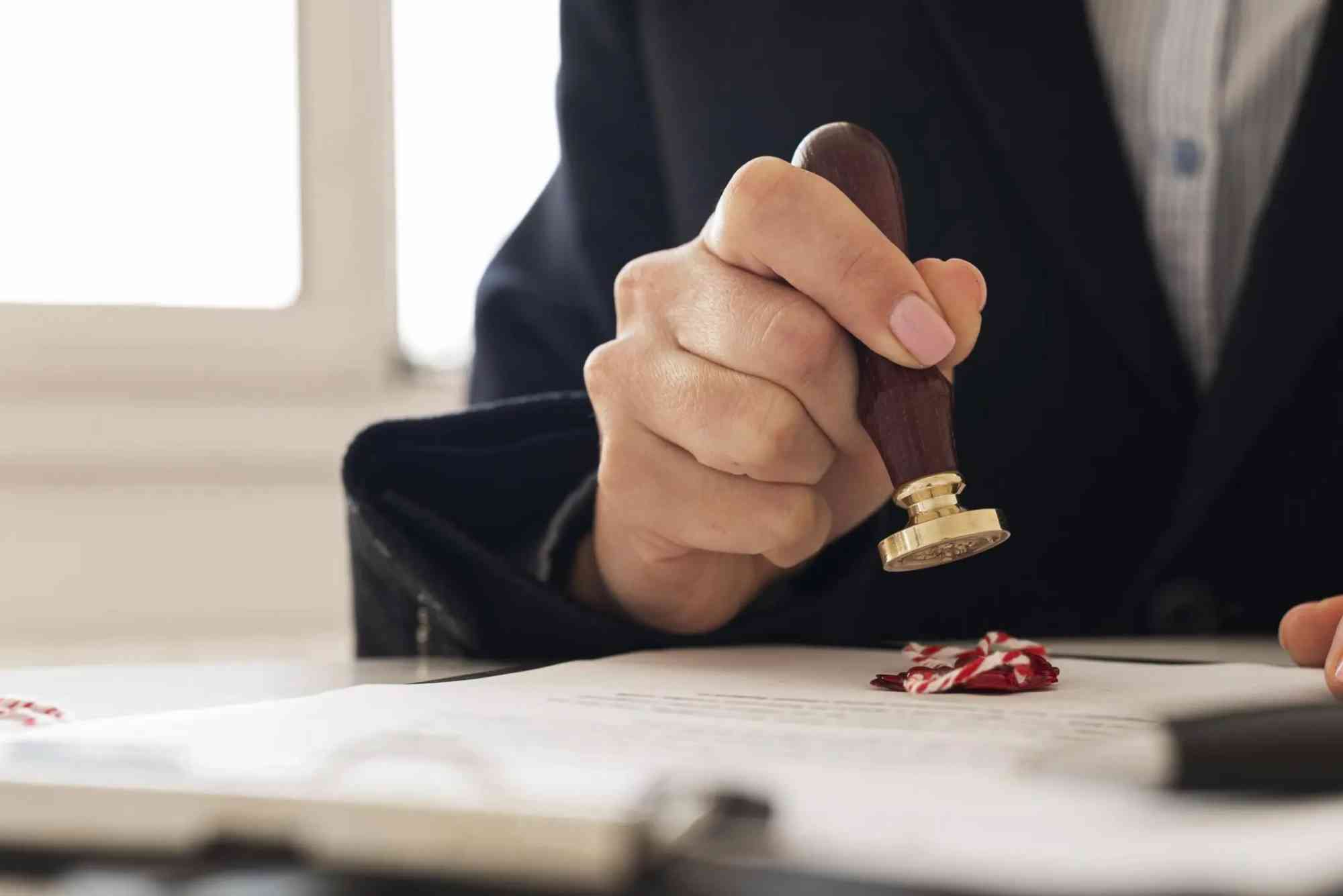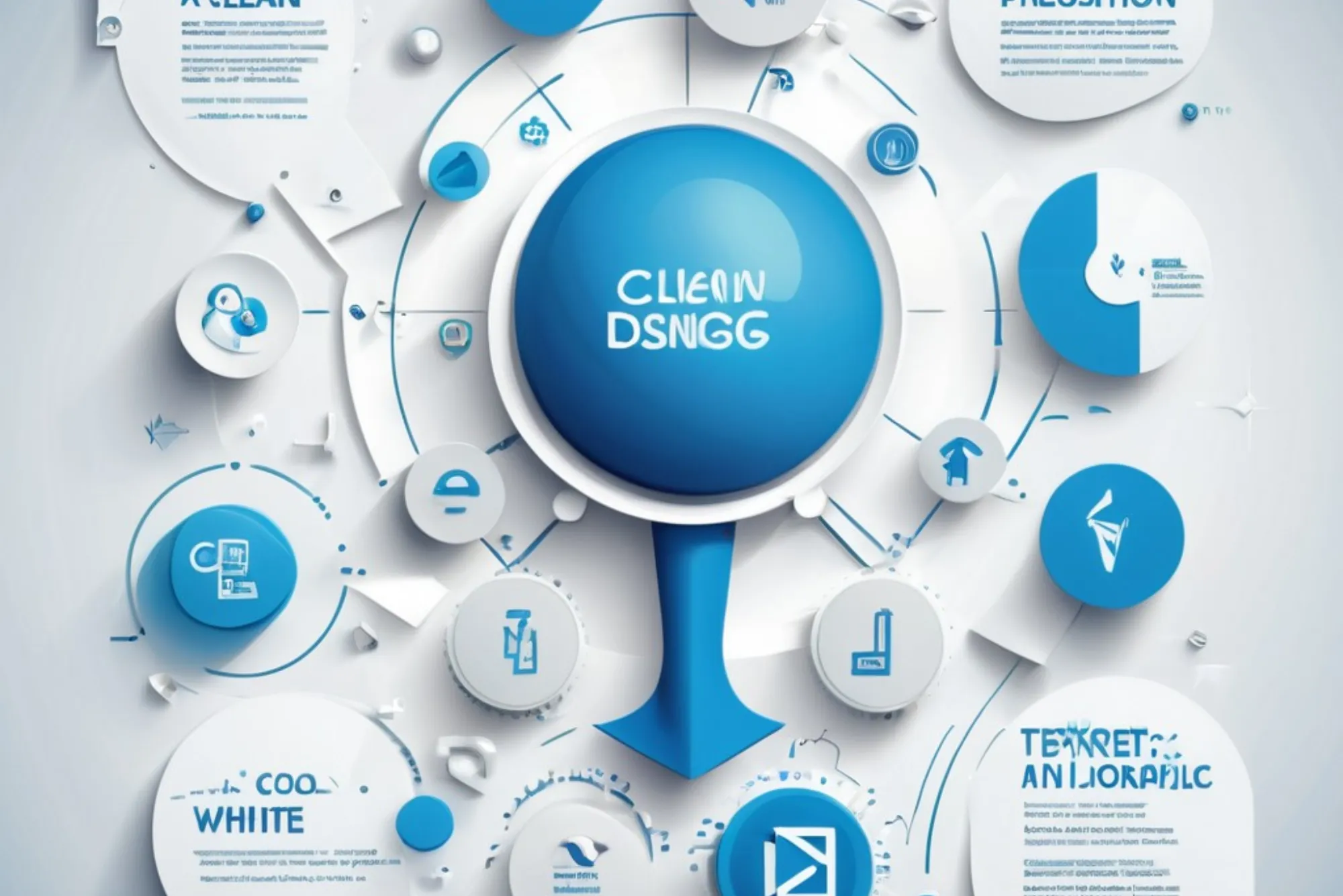For modern businesses, packaging is no longer just a container—it’s a communication tool that defines brand value, ensures regulatory compliance, and enhances customer experience. In competitive markets like the UK and the UAE, packaging innovation is shaping how brands position themselves globally. This beginners guide to Custom Boxes UK explores essential design principles, regulatory guidelines, and sustainability practices, while drawing on real-world insights from Dubai, Abu Dhabi, and Sharjah.
Government-backed initiatives such as Ignite Pakistan and the Special Technology Zones Authority (STZA) highlight how innovation and youth-focused entrepreneurship are fueling packaging solutions across industries. With global markets demanding smarter, safer, and eco-friendlier packaging, businesses cannot afford to overlook the impact of custom boxes.
Why Custom Boxes Matter for Businesses
Quick Answer: Custom boxes provide branding, compliance, and sustainability advantages.
Packaging is often the first physical touchpoint between a brand and its customers. According to research, 72% of consumers say packaging design influences their buying decision. In regions like Dubai, where premium retail thrives, custom boxes act as silent brand ambassadors.
Key advantages include:
-
Enhances brand recognition through unique designs
-
Meets safety and labeling regulations
-
Improves eco-friendly brand perception
-
Adds value to the unboxing experience
Types of Custom Packaging Solutions
Quick Answer: Different products demand different types of custom packaging for maximum efficiency.
Custom boxes come in various formats depending on the product’s nature and customer expectations. For beginners exploring Custom Boxes UK, it helps to know the main options:
-
Rigid Boxes: Premium feel, used for luxury products
-
Folding Cartons: Affordable, versatile, and eco-friendly
-
Corrugated Boxes: Heavy-duty, ideal for shipping
-
Specialty Packaging: Seasonal or promotional designs
In the UAE, many e-commerce startups in Abu Dhabi prefer corrugated boxes due to the rising demand for safe product deliveries.
The Role of Design in Custom Boxes
Quick Answer: Good design builds emotional connection and brand loyalty.
Designing effective packaging is more than aesthetics—it’s psychology. For instance:
-
Colors: Blue conveys trust, while gold suggests luxury.
-
Typography: Bold fonts improve shelf recognition.
-
Imagery: Culturally relevant graphics boost regional sales.
An Ignite mentor recently noted: “Your packaging is your silent salesperson—it communicates your values before the customer even opens the box.”
In Dubai’s luxury markets, minimalism paired with high-end finishes like foil embossing has become a popular design choice.
Compliance and Safety in Packaging
Quick Answer: Packaging must meet UK and UAE standards to ensure consumer safety.
Compliance isn’t optional—it’s mandatory. In the UK, regulations demand clear labeling, safety warnings, and recyclable materials. Meanwhile, the Emirates Authority for Standardization and Metrology (ESMA) in the UAE enforces packaging rules for imported and locally produced goods.
Examples of compliance requirements include:
-
Child-resistant packaging for certain categories
-
Accurate labeling of ingredients and usage
-
Sustainability disclosures where applicable
Failure to meet these requirements can lead to fines, recalls, or bans.
Sustainability and Eco-Friendly Materials
Quick Answer: Eco-friendly boxes appeal to modern consumers and align with government visions.
Today’s buyers are more eco-conscious than ever. A survey in Dubai revealed that 64% of millennials prefer eco-friendly packaging. Brands can respond by:
-
Using recycled cardboard
-
Switching to biodegradable inks
-
Reducing plastic inserts
The UAE’s Green Economy Vision 2030 emphasizes sustainable business practices, making eco-friendly packaging not just a trend but a responsibility.
Technology in Custom Packaging
Quick Answer: Smart technologies are transforming how packaging interacts with customers.
The Special Technology Zones Authority (STZA) in Pakistan and UAE-based incubators are supporting packaging innovation with digital tools. Examples include:
-
QR Codes: Linking customers to brand stories
-
Augmented Reality (AR): Interactive unboxing experiences
-
Blockchain Authentication: Ensuring product authenticity
Retailers in Sharjah are already adopting QR-coded boxes to assure buyers of product origin and safety.
Custom Packaging in E-Commerce Growth
Quick Answer: E-commerce brands rely on strong packaging to protect products and promote branding.
With e-commerce sales in the UAE expected to surpass USD 17 billion by 2025, packaging plays a pivotal role in customer satisfaction. Successful e-commerce packaging should:
-
Protect items during shipping
-
Offer cost efficiency for bulk orders
-
Be designed for easy returns when necessary
This is where industry-specific packaging like Vape Packaging also comes into play, ensuring compliance while meeting consumer expectations.
Personalization and Custom Boxes UK
Quick Answer: Personalized packaging enhances brand identity and loyalty.
One of the biggest advantages of Custom Boxes UK is flexibility in personalization. Brands can:
-
Print customer names for limited runs
-
Design seasonal packaging for holidays
-
Offer luxury finishes like matte lamination or spot UV
Dubai-based luxury retailers often use limited-edition custom packaging to attract international tourists and strengthen exclusivity.
Case Study: UAE Small Business Success
Quick Answer: Local SMEs in Dubai and Abu Dhabi are scaling faster with custom packaging.
A Sharjah-based organic skincare startup scaled its sales by 40% in one year after switching to custom eco-friendly boxes. By highlighting sustainability on their packaging, they attracted eco-conscious millennials.
Similarly, a Dubai vape shop integrated AR codes on boxes, resulting in higher repeat customer engagement. These regional examples show how custom boxes can transform small businesses.
Common Mistakes to Avoid in Custom Packaging
Quick Answer: Avoid cluttered design, non-compliance, and weak materials.
For beginners, it’s easy to make mistakes in packaging design. Some common pitfalls include:
-
Overloaded graphics and text
-
Ignoring safety standards
-
Using flimsy materials
-
Forgetting to test boxes for shipping durability
By avoiding these errors, businesses can save money and protect their brand reputation.
FAQs
Q1: Why are custom boxes important for startups?
They improve brand identity, ensure compliance, and enhance customer experience.
Q2: Are custom boxes affordable for small businesses?
Yes, digital printing has made custom packaging cost-effective for SMEs.
Q3: What materials are best for eco-friendly packaging?
Recycled cardboard, biodegradable paper, and soy-based inks are ideal.
Q4: Do custom boxes increase customer loyalty?
Yes, personalized packaging strengthens emotional connection and repeat sales.
Q5: How can I ensure my packaging complies with UAE rules?
Check ESMA guidelines, use clear labeling, and consult regional experts.
Q6: Can technology improve packaging?
Yes, smart packaging tools like QR codes and AR improve customer engagement.
Final Thought
From my perspective, having closely observed both UK and UAE markets, custom packaging is not just a business trend—it’s a strategic necessity. Government programs like Ignite and STZA are already encouraging young entrepreneurs to think beyond conventional packaging and embrace innovation.
In Dubai, Abu Dhabi, and Sharjah, Custom boxes are shaping brand trust and consumer behavior. Personally, I believe the future of packaging lies in balancing compliance, creativity, and sustainability. For beginners, investing in Custom Boxes UK is not just about entering the market—it’s about staying competitive in a rapidly evolving retail landscape.



